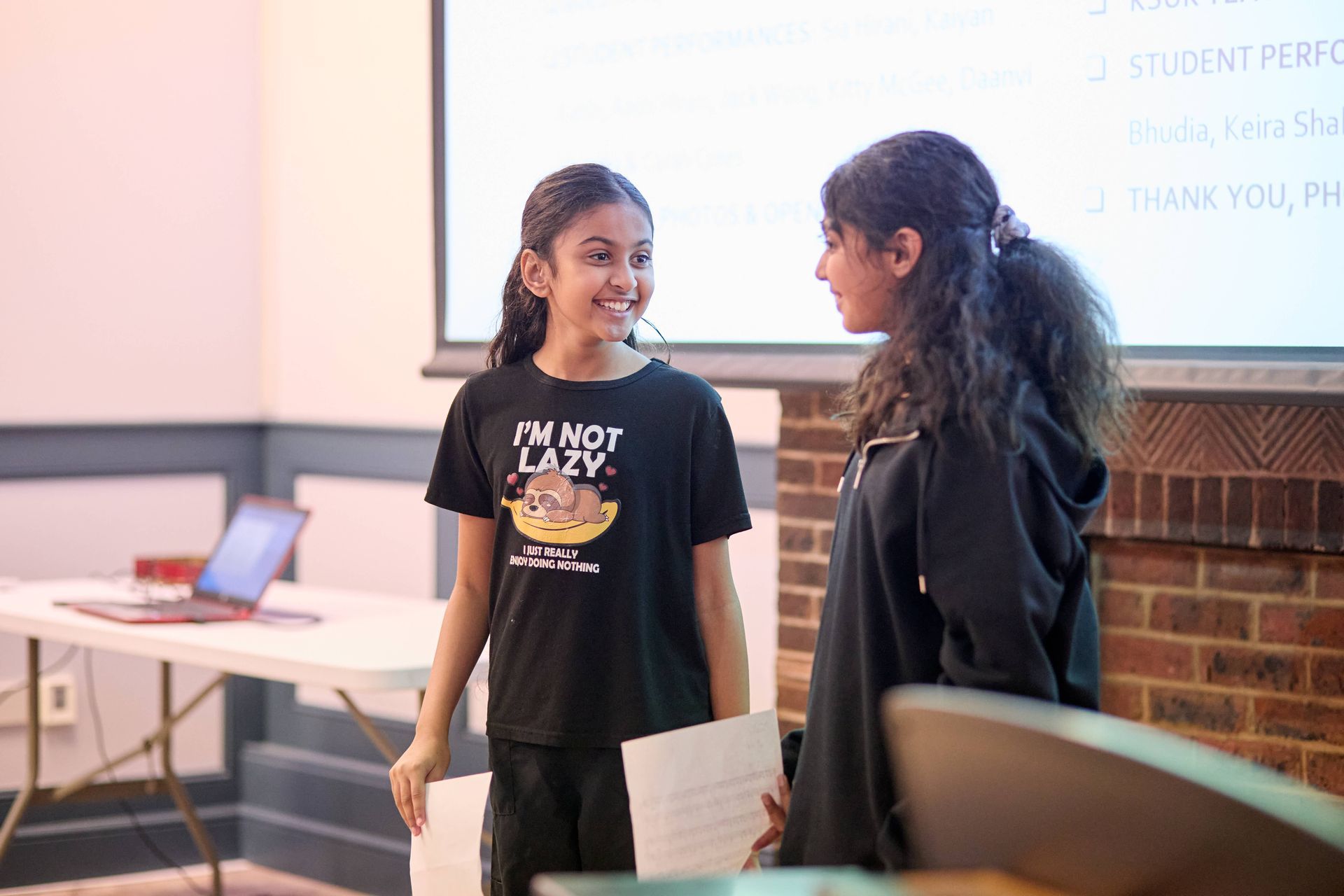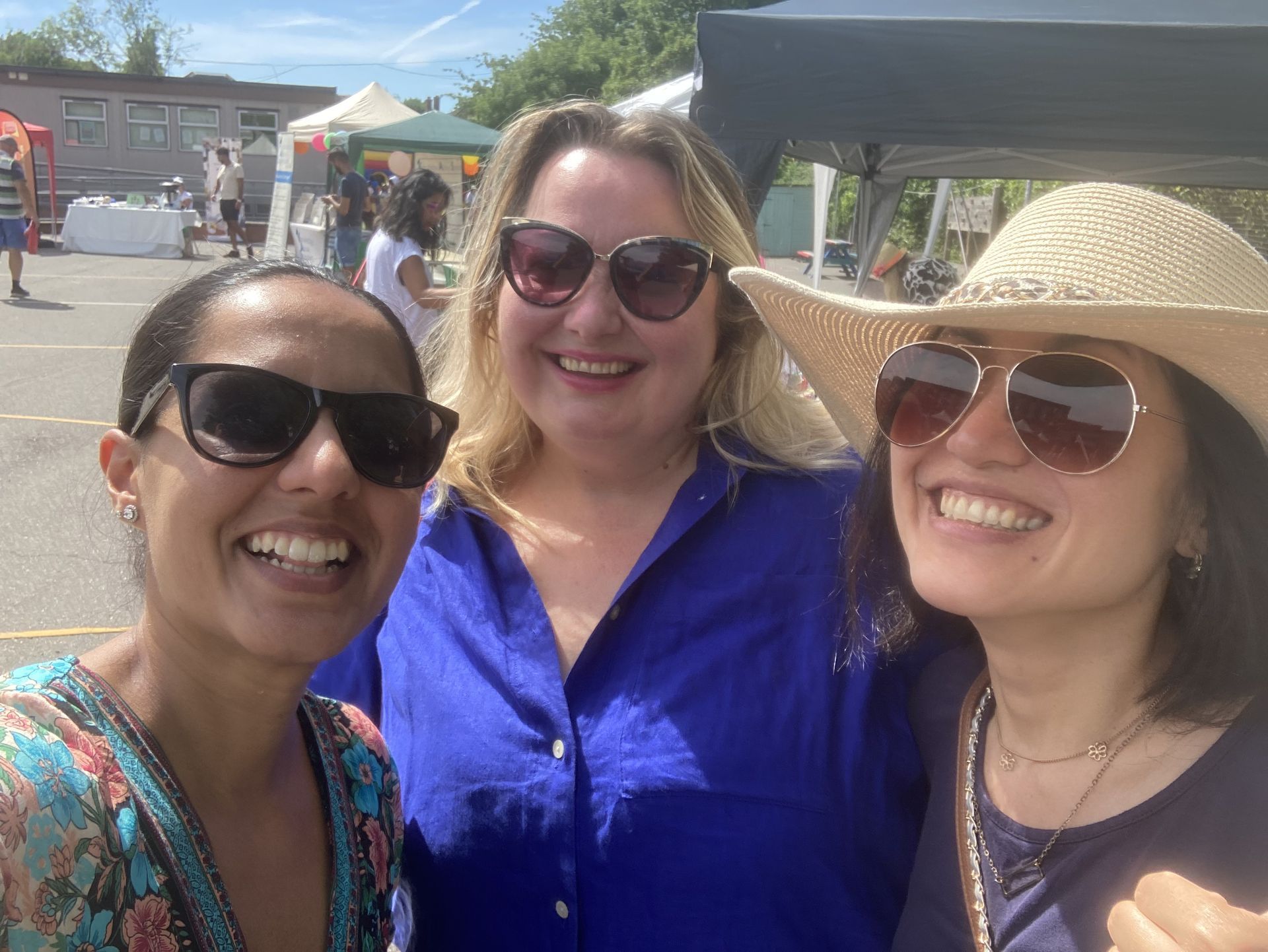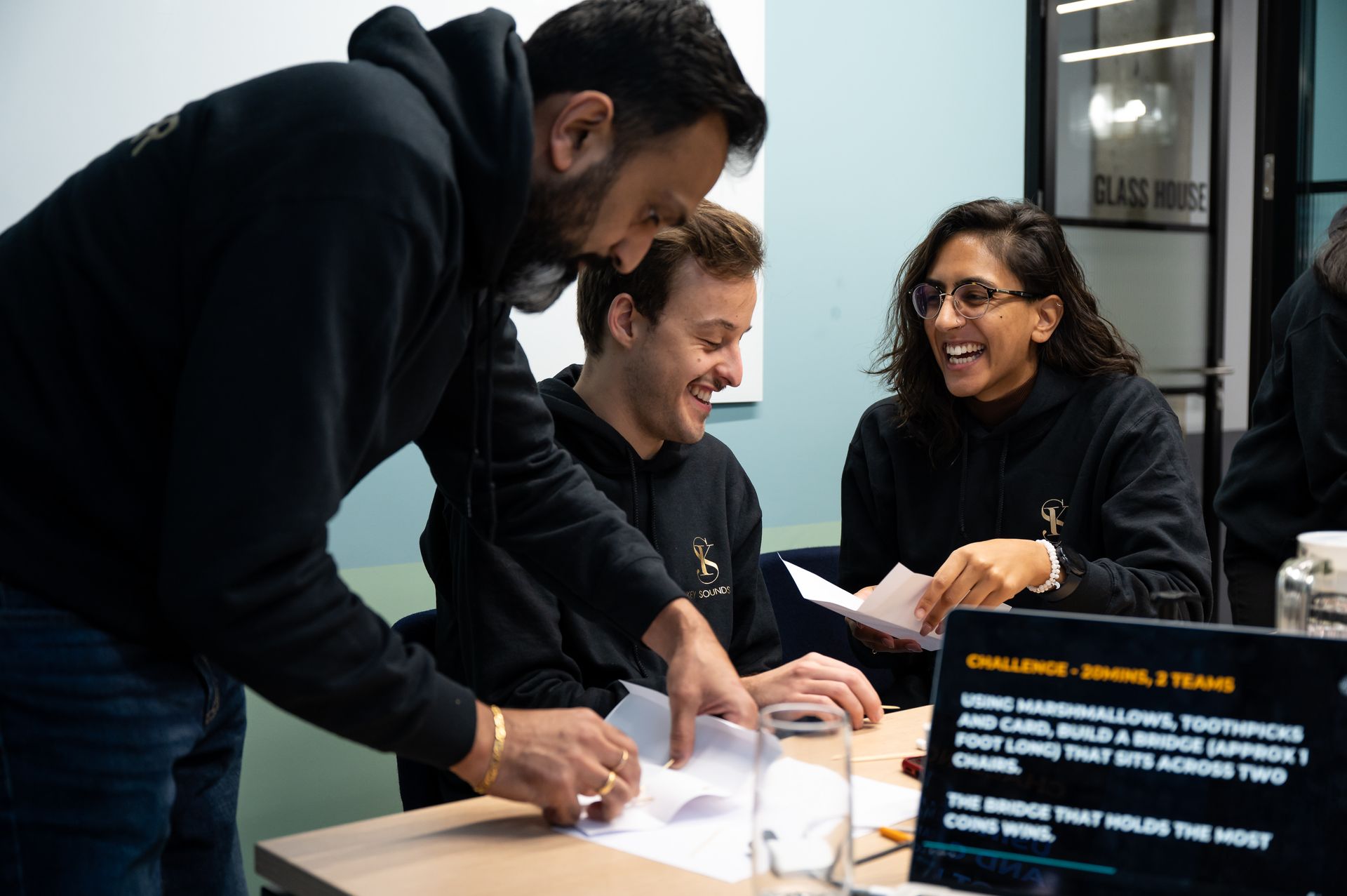How to Avoid Making the Same Mistakes in Your Piano Practice

Here’s how you can manage the mistakes you do make:
· Avoid starting from the beginning
Whether we are struggling with a rhythmic, hand position or notation issue we should avoid starting directly from the beginning of our pieces - unless the section we are stuck on is the very first one. This is because we are wasting both our time and energy on sections of the music which we can already play well enough. When we focus directly on the bar or phrase of the mistake, we can utilise our time in a more productive manner.
· Practice the mistake
This may sound obvious but it’s so easy to forget!
The reason we often avoid practicing the mistake directly is because it causes us to feel uncomfortable. This is most common when we can play a large chunk of a piece but there are small areas which require more of our attention. We’d rather play the music which we are good at, compared to the music which may require more thought.
The irony here is that the slower we go, the faster we will grow.
Researchers have discovered that to retain information properly we have to slow down in order to deepen our understanding of a skill or subject matter. This is particularly important in music as it is ‘brain heavy’, as we active both sides of the brain. The left-side being analytical and the right-side being creative. The benefits of this being, we are likely to improve our cognitive functions.
· Practice the lead into the phrase with the mistake
In order to familiarise yourself with the transitions in the music, aim to work on the phrase or bar before the section with the mistake once you have tackled the mistake.
· Don’t worry about who is listening
Sometimes practice doesn’t sound the most attractive as it involves wrong notes, rhythms and slips. The important thing to remember here is that this happens to everyone and it’s all apart of the journey. Regardless of who is listening, don’t worry about trying to perfect every little element of your piece for now. Try your best to play the piece as it is and take note of the areas which require more of your attention.
· Record yourself playing
When we play a piece of music there are usually a few things to think about. We are usually thinking about the counts, fingers, hand position, rhythms and the list could go on. It’s therefore more difficult to recognise every little mistake whilst we are playing.
For example, even though we could be experiencing rhythmic issues in bar three of our piece of music, in the process of fixing these issues a notation issue could arise without us realising because we are in the middle of solving the rhythm.
Whether it’s a video or audio recording try to record yourself and watch this back to see which areas require more of your attention. When listening back to the recording it may be useful to listen to it several time but focus on listening out for a different element of the music each time.
For example: If you play line one of your piece of music the first time you listen to it you may focus on the right-hand rhythm, the second time you listen to it you may listen to the left-hand chords and the third time you may listen for the dynamic changes.
Finally, it’s important to not only understand what the mistakes are but the root cause of them, so that we can tackle them efficiently.
Remember that when you are trying out these hacks to look at them little and often but also be patient with yourself. If you wish to know more about these hacks and resources, feel free to take a look around our website or connect with us directly.




